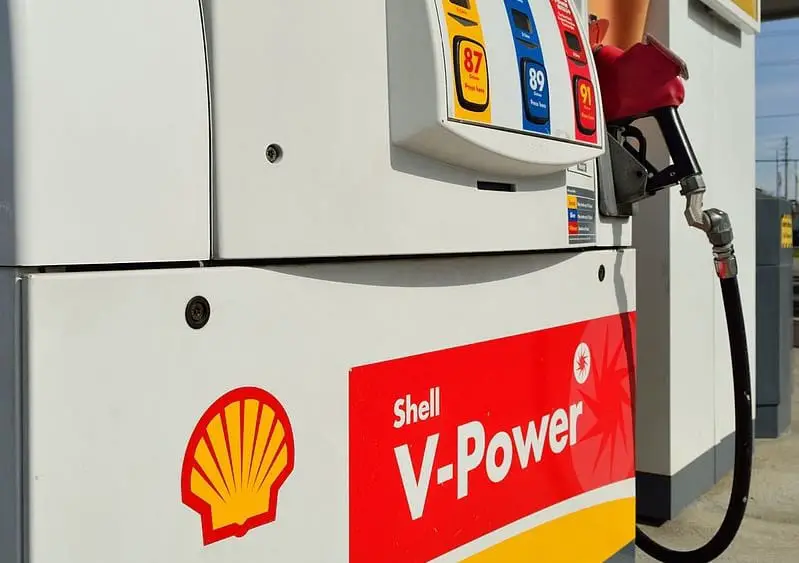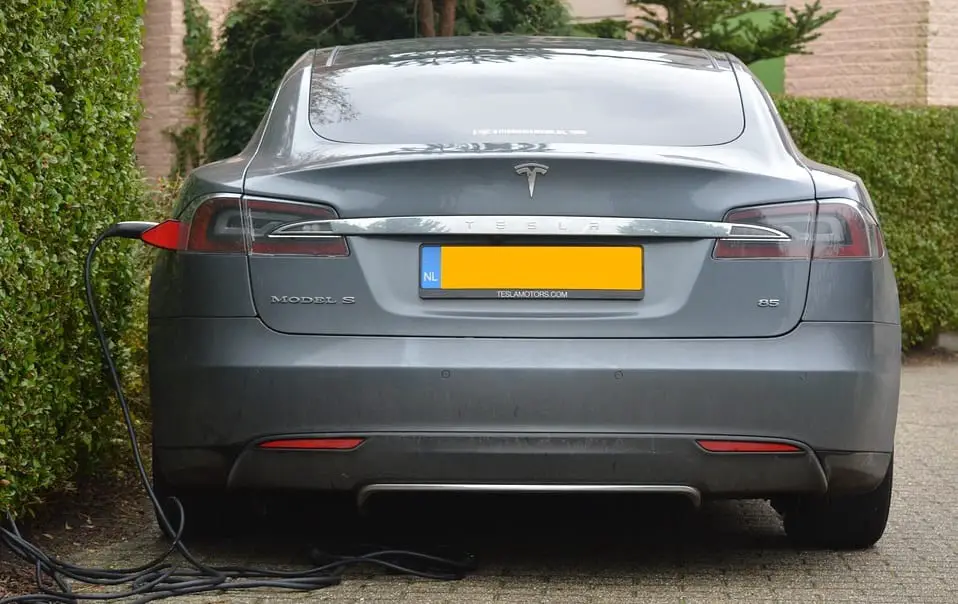
Companies aim to expand Germany’s hydrogen infrastructure
August 7, 2017Daimler, Shell, and Linde are building two new hydrogen stations
Daimler, Shell, and the Linde Group have commissioned two new hydrogen stations that will be built in Germany. The companies have been working together to develop a comprehensive hydrogen infrastructure throughout Germany and have made significant progress in this endeavor. Germany is currently home to one of the most extensive hydrogen networks in Europe and has become a very attractive home for clean vehicles, particularly those that use hydrogen to operate.
New stations will help expand Germany’s hydrogen infrastructure
Daimler will be responsible for the construction of the new hydrogen stations, with Linde providing the technology that the stations will use to deliver fuel. Shell will also be housing the service stations. All three companies are part of the overarching H2 Mobility venture, which aims to develop a comprehensive hydrogen infrastructure throughout Europe. Efforts to develop such an infrastructure in Germany have been supported by the national government.
Government support for clean vehicles remains strong
Germany is currently home to 32 hydrogen stations, many of which are open to the public. The development of these stations has been supported by the German government, which has a strong interest in clean transportation. By 2018, the government intends to have some 100 hydrogen stations in operation throughout the country. This hydrogen infrastructure will support the adoption of fuel cell vehicles, which are being developed by most of the world’s leading automakers. While fuel cell vehicles are currently somewhat rare, an expansive hydrogen infrastructure could encourage more consumers to purchase these vehicles, leading to a drop in emissions produced by the transportation sector.
Infrastructure support is needed to secure the success of fuel cell vehicles
Fuel cell vehicles need infrastructure support to survive. Even in Germany, such infrastructure support is quite low. This has made fuel cell vehicles somewhat unattractive to consumers, especially as conventional battery electric vehicles are becoming more affordable and efficient. Despite this, efforts to develop a comprehensive hydrogen infrastructure are gaining more support.



 With over 15 years of reporting hydrogen news, we are your premier source for the latest updates and insights in hydrogen and renewable energy.
With over 15 years of reporting hydrogen news, we are your premier source for the latest updates and insights in hydrogen and renewable energy.